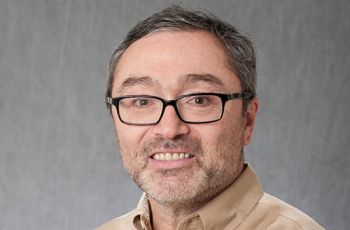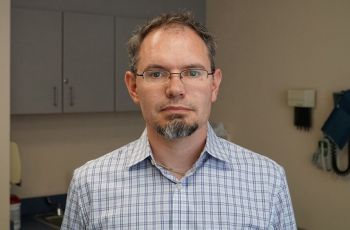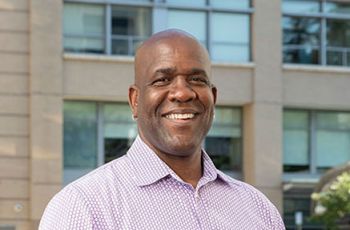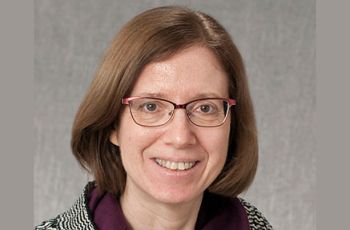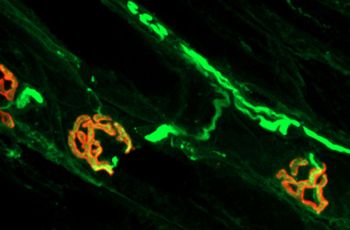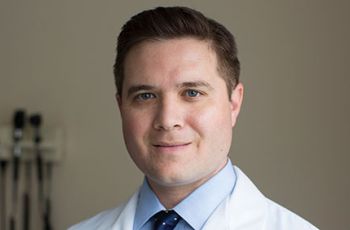Research News
A research team including Michael Bukrinsky, MD, PhD, from the GW School of Medicine and Health Sciences published in PLOS Pathogens on the role of an HIV protein in causing metabolic comorbidities.
A research collaborative including the GW, Transcultural Psychosocial Organization Nepal, Tribhuvan University Teaching Hospital, Epidemiology and Disease Control Division of the Ministry of Health and Population of Nepal, Duke University, and King’s College London will investigate the efficacy of…
In a research paper in the American Journal of Men’s Health, Robert Turner II, PhD, assistant professor of clinical research and leadership, sought to expand upon investigations into risks for depressive symptoms in former athletes in the NFL.
In a new paper published in Seminars in Arthritis and Rheumatism, researchers from GW evaluated the long-term outcomes for patients with juvenile idiopathic inflammatory myopathies.
Lopa Mishra, MD, director of the Center for Translational Medicine at the GW Cancer Center and professor of surgery, Shuyun Rao, PhD, assistant research professor of surgery, and others published research in the journal Gastroenterology finding a connection between bacteria in the microbiome…
The National Institutes of Health awarded a research team at GW $7.8 million to establish a rare disease network for myasthenia gravis.
Nathaniel DeNicola, MD, co-authored a review article on environmental exposures on reproductive health and how OB-GYNs can work with their patients to ensure safe pregnancies. The piece is published in Obstetrics and Gynecology Clinics of North America.
During a symposium on correctional policy, practice, and care for incarcerated members of the transgender community, held at the GW, stakeholders found that collaborative engagement could help further guidance for this vulnerable population.
The AIDS and Cancer Specimen Resource has been renewed for five years with GW serving as the primary site.
GW Cancer Center researchers found that PTEN, a tumor suppressor gene mutated in approximately 20% of primary prostate cancers, and in as many as 50% of androgen deprivation-resistant prostate cancers, relies on another gene, ARID4B, to function.
